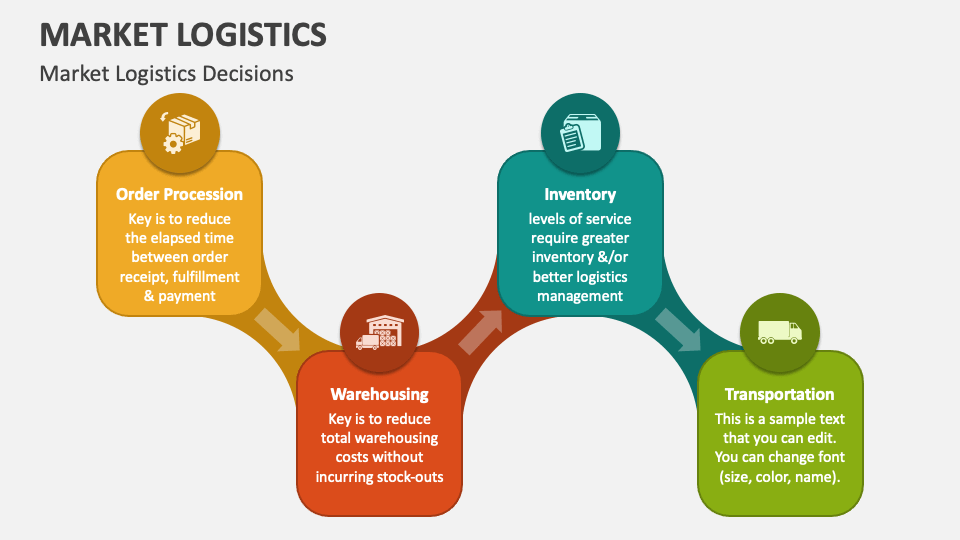In today's fast-paced global economy, effective logistics marketing is essential for businesses to thrive. Whether you're a logistics provider, manufacturer, or retailer, mastering the art of marketing in the logistics industry can give you a competitive edge and drive growth. At Lean Summits, we understand the importance of strategic marketing in the logistics sector. In this blog, we'll explore key strategies and insights to help you elevate your logistics marketing efforts and achieve success.

Understanding Logistics Marketing
Logistics marketing encompasses the strategies and tactics used to promote logistics services, attract customers, and build brand awareness within the supply chain industry. It involves communicating the value proposition of your logistics offerings to potential clients, addressing their pain points, and showcasing your expertise in delivering efficient and reliable logistics solutions.
Key Strategies for Effective Logistics Marketing
- Targeted Content Marketing: Develop informative and engaging content tailored to the needs and interests of your target audience. This could include blog posts, whitepapers, case studies, and industry reports that highlight your expertise and demonstrate thought leadership in the logistics space.
- Utilize Social Media Platforms: Leverage social media channels such as LinkedIn, Twitter, and Facebook to connect with industry professionals, share valuable insights, and showcase your company's capabilities. Engage with relevant communities and participate in discussions to expand your reach and visibility.
- Optimize SEO for Visibility: Invest in search engine optimization (SEO) to improve your website's visibility in search engine results pages (SERPs). Identify relevant keywords and phrases related to logistics services and integrate them into your website content, meta tags, and blog posts to attract organic traffic.
- Invest in Paid Advertising: Consider running targeted pay-per-click (PPC) advertising campaigns on platforms like Google Ads and LinkedIn Ads to reach potential clients actively searching for logistics solutions. Use retargeting ads to re-engage website visitors who have shown interest in your services.
- Build Strategic Partnerships: Collaborate with complementary businesses in the supply chain ecosystem, such as manufacturers, distributors, and freight forwarders, to expand your reach and access new markets. Joint marketing initiatives and referral programs can mutually benefit all parties involved.
- Highlight Customer Success Stories: Showcase testimonials, case studies, and success stories from satisfied clients to demonstrate the tangible benefits of your logistics services. Highlight key metrics such as cost savings, efficiency improvements, and on-time delivery rates to build trust and credibility with prospective customers.
Measuring Success and Iterating
Effective logistics marketing requires continuous monitoring, analysis, and optimization to ensure maximum impact and return on investment (ROI). Track key performance indicators (KPIs) such as website traffic, lead generation, conversion rates, and customer acquisition costs to gauge the effectiveness of your marketing efforts. Use insights gathered from analytics tools to refine your strategies, identify areas for improvement, and adapt to evolving market trends and customer preferences.
Conclusion
In conclusion, logistics marketing plays a crucial role in driving business growth and success in the competitive supply chain industry. By implementing targeted strategies, leveraging digital channels, and showcasing your expertise, you can effectively promote your logistics services, attract new clients, and build lasting relationships within the logistics ecosystem. At Lean Summits, we're committed to helping businesses excel in logistics marketing and achieve their goals. Contact us today to learn more about our comprehensive marketing solutions tailored to the logistics industry.






